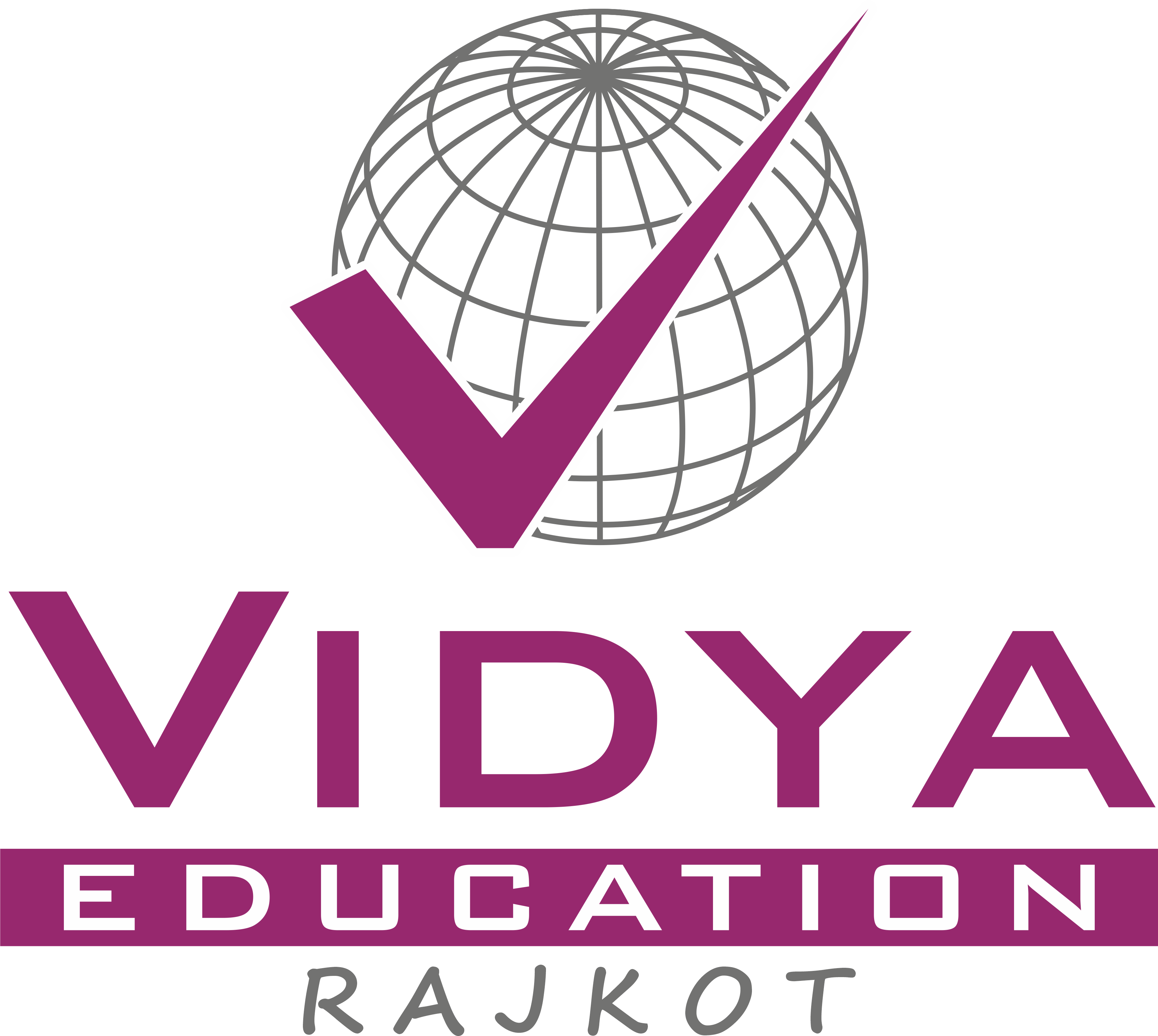What is the Arabic Language?

The Arabic language, known as العَرَبِيَّة (al-ʿarabiyyah) in Arabic, is a Semitic language that belongs to the Afro-Asiatic language family. It is primarily spoken in the Arab world, which encompasses countries in the Middle East and North Africa, but it is also widely used as a liturgical language in Islam.



What are the Benefits offered by the Arabic Language?

1. Cultural Understanding
Arabic is the language of a rich and diverse cultural heritage. By learning Arabic, you gain a deeper understanding of Arab traditions, history, and customs. It allows you to engage with Arabic literature, poetry, music, art, and films in their original language, providing you with insights into the Arab world's rich cultural tapestry.
2. Communication
Arabic is spoken by over 420 million people across the globe, making it the fifth most widely spoken language in the world. By learning Arabic, you can effectively communicate with native Arabic speakers and build connections with people from various countries in the Middle East and North Africa. This opens up opportunities for travel, cultural exchange, and forging meaningful relationships.
3. Professional Opportunities
Proficiency in Arabic is highly sought after in many fields. With the Middle East's growing economic importance, there is a demand for individuals who can speak Arabic and understand the region's business and cultural dynamics. It can create career opportunities in areas such as international relations, diplomacy, journalism, translation and interpretation, intelligence and security, business, and academia.
4. Travel and Work in Arabic-Speaking Countries
Knowing Arabic can enhance your travel experiences in Arabic-speaking countries, allowing you to navigate more easily, communicate with locals, and fully immerse yourself in the local culture. Additionally, studying Arabic can open doors to work or volunteer opportunities in the region, offering a unique and immersive experience.
5. Understanding Current Affairs
The Middle East is a region of geopolitical significance, and developments in the Arab world have a global impact. By studying Arabic, you can access primary sources of information, news, and media in their original language, enabling you to gain a deeper understanding of current affairs and regional perspectives.
6. Linguistic and Cognitive Benefits
Arabic is a Semitic language known for its complex grammar and unique writing system. Learning Arabic challenges your cognitive abilities and linguistic skills, strengthening memory, problem-solving, and analytical thinking. It expands your understanding of language structures and enhances your overall language learning abilities.
7. Interfaith and Intercultural Dialogue
Arabic is also the language of the Quran, the holy book of Islam. Studying Arabic can foster interfaith and intercultural dialogue, promoting greater understanding, respect, and tolerance among different religious and cultural communities.
8. Personal Enrichment
Learning Arabic broadens your horizons, exposes you to different ways of thinking, and helps you develop a global mindset. It cultivates a sense of empathy, cultural sensitivity, and appreciation for linguistic and cultural diversity.
How can learning the Arabic language benefit students migrating to United Arab Emirates?
- Integration and Cultural Understanding: Knowing Arabic is essential for integration into Arabic-speaking communities. It allows students to communicate with locals, navigate daily life, and understand the local culture. By learning Arabic, students can immerse themselves more fully in the cultural traditions, customs, and social dynamics of the Arabic-speaking country.
- Education: Proficiency in Arabic is crucial for academic success in Arabic-speaking schools and universities. Understanding the language enables students to follow classroom instruction, participate in discussions, and complete assignments effectively. It enhances their learning experience and engagement with the curriculum.
- Employment Opportunities: Being fluent in Arabic opens up a wide range of career opportunities in Arabic-speaking countries. Students who can communicate effectively in Arabic have an advantage in various sectors, including business, government, education, translation and interpretation, journalism, and humanitarian work. It broadens their professional prospects and increases their chances of success.
- Social Connections: Speaking Arabic facilitates the formation of meaningful relationships and social connections with local communities. It allows students to engage in conversations, make friends, and establish a network of support. Communicating in the local language helps foster a sense of belonging and builds stronger connections within the community.
- Enhanced Travel Experiences: Arabic is spoken in several countries with rich cultural heritage and historical sites. Knowing Arabic can greatly enhance travel experiences within Arabic-speaking countries. It enables students to communicate with locals, understand signage and directions, and delve deeper into the local culture and history.
- Interpersonal and Intercultural Understanding: Learning Arabic fosters intercultural understanding and empathy. It enables students to bridge cultural gaps, appreciate different perspectives, and build relationships with people from diverse backgrounds. This cultural sensitivity promotes a more inclusive and connected society.
- Personal Development: Learning Arabic is a valuable personal development journey. It challenges students to expand their linguistic and cognitive abilities, enhances their problem-solving skills, and builds resilience and adaptability. It also demonstrates a commitment to cultural understanding and lifelong learning.






